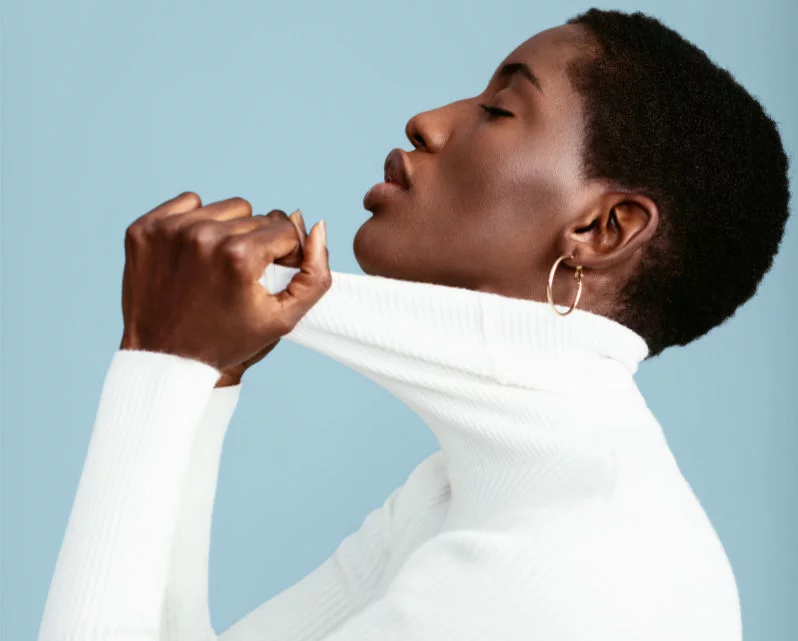All expecting moms practice eating for two. In fact, it’s even become a bit of a comedic troupe where we often see moms-to-be craving crazy things and indulging in their favorite foods. But nutrition during pregnancy is incredibly important, and can be harmful if the whole “eating for two” ethos gets overdone. A healthy diet during pregnancy is important to ensure proper development of the baby and wellness for the mother.
Excessive weight gain can cause complications such as high blood pressure or gestational diabetes, which can develop into preeclampsia. These can lead to a need for a C-section.
For a woman who normally eats between 1800-2000 calories a day, only an extra 300 calories need to be added during the first trimester and during the third trimester an extra 50 calories on top of that. The best source of these calories should be from fruit, vegetables, and protein. Indulging in saturated fats, processed foods, and sugar, i.e. most comfort foods, should be avoided.
Staying active is also a healthy way to remain in the recommended weight gain of approximately 25 pounds. Low intensity workouts or pre-natal classes are a perfect way to keep within range. Of course, consult with your doctor prior to beginning, or continuing, any exercise program.
So exactly how, or what, should you be eating? Here’s some pointers.
Focus on folic acid and folate
You’ll need about 800 micrograms of folate or folic acid a day before conception and throughout pregnancy. Folate and folic acid help prevent neural tube defects and serious abnormalities of the brain and spinal cord.
You can get them in fortified cereals, leafy greens, and citrus fruits.
Get your calcium
An expecting mom needs about 1,000 milligrams a day to keep her and baby’s teeth and bones strong.
Good sources: dairy products, broccoli, kale, and non-dairy options like almond milk are a great alternative for vegetarians.
Proper protein is key
Your baby needs protein to grow, so focus on no less than 71 grams a day.
Lean meats, fish, and dairy are excellent sources for protein. For non-meat eaters beans, peas, tofu, and peanut butter are also ideal.
If you have any questions about nutritional needs while pregnant, contact us to schedule an appointment!



